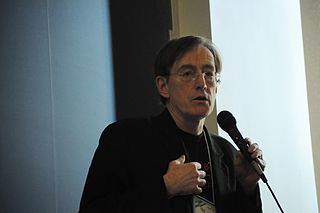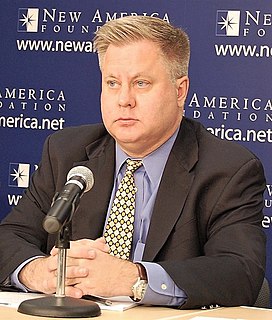A Quote by Ned Sublette
A second line is in effect a civil rights demonstration. Literally, demonstrating the civil right of the community to assemble in the street for peaceful purposes. Or, more simply, demonstrating the civil right of the community to exist.
Related Quotes
I have a big passion about civil rights for everyone - whoever is being downtrodden at the moment, it doesn't matter: racial discrimination or sexual orientation or gender. Whatever it is, I'm there. I think I was a born civil rights activist. I can't stand the smashing of a community. It's not fair and it's not right.
There was a resistance movement in the white community, and there was a determined civil rights movement by our neighbors and friends in the African-American community. They had right on their side. They conducted themselves in high standards, with courage and determination, and they were victorious. They overcame.
Every person with a pulse has a responsibility to stand in solidarity with the Muslim community that is on the front lines fighting against groups like ISIS, both militarily and ideologically, every day, and now on the front line of standing up for civil liberties and civil rights to make America great. [They] are the best insurance for the safety of all Americans.
The resignation of Attorney General Eric Holder is met with both pride and disappointment by the Civil Rights community. We are proud that he has been the best Attorney General on Civil Rights in U.S. history and disappointed because he leaves at a critical time when we need his continued diligence most.
Civil libertarian activists are found overwhelmingly on the left. Their right-wing brethren have been concerned with issues more important than civil rights, voting rights, abuses by police and the military, and the subordination of politics to religion - issues like the campaign to expand human freedom by turning highways over to toll-extracting private corporations and the crusade to funnel money from Social Security to Wall Street brokerage firms.
I think one of the tragedies of the civil rights movement was because the civil rights movement became so court-focused, I think that there was a tendency to lose track of the political and community organizing, and activities on the ground, that are able to put together the actual coalitions of power throughout which you bring about redistributive change. And in some ways, we still suffer from that.
By international standards, many of the U.K.'s policies for civil society are exemplary. However, there are concerns about constraints on civil liberties - particularly restrictions on free assembly and about the rising tide of everyday regulation has seriously impeded community activity - from organising street parties to helping children.
[Before the Civil Rights Act of 1964], many governments in southern states forced people to segregate by race. Civil rights advocates fought to repeal these state laws, but failed. So they appealed to the federal government, which responded with the Civil Rights Act of 1964. But this federal law didn't simply repeal state laws compelling segregation. It also prohibited voluntary segregation. What had been mandatory became forbidden. Neither before nor after the Civil Rights Act were people free to make their own decisions about who they associated with.
Civil rights are those which appertain to man in right of his being a member of society. Every civil right has for its foundation some natural right pre-existing in the individual, but to the enjoyment of which his individual power is not, in all cases, sufficiently competent. Of this kind are all those which relate to security and protection.
Up until, really, Roosevelt, African-Americans largely voted ninety per cent Republican. That was the political origins, that's what their political voice was in the Republican party. During that history, that last sixty or seventy years of history, the Republican party effectively walked away from the community. They were afraid to really embrace civil rights even though they embraced civil rights legislation. And so it's not enough to just to put it on paper, you gotta actually show up and be in the community, and understand what that struggle was really about.








































